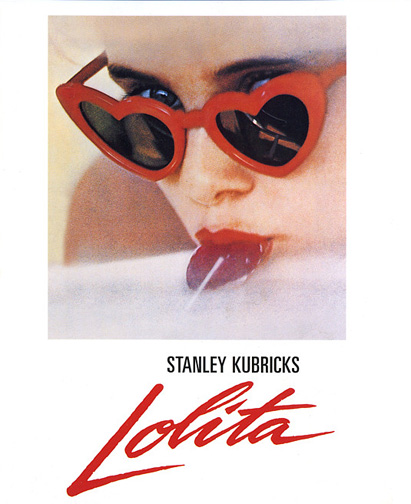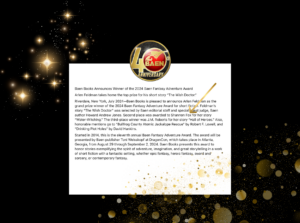Lolita by Vladimir Nabokov
Awe and exhiliration–along with heartbreak and mordant wit–abound in Lolita, Nabokov’s most famous and controversial novel, which tells the story of the aging Humbert Humbert’s obsessive, devouring, and doomed passion for the nymphet Dolores Haze. Lolita is also the story of a hypercivilized European colliding with the cheerful barbarism of postwar America. Most of all, it is a meditation on love–love as outrage and hallucination, madness and transformation.
I’ve now read this novel twice and my opinion of it has not altered. Lolita is quite the masterpiece. It takes sheer talent to make the reader root for a character they should absolutely hate and despise. A middle-aged man obsessed with a child? Pedophilia. But also, something else. The most impressive thing about the novel, which particularly struck me the first time I read it, is how skillfully we’re drawn into Humbert’s world. Some criticism argues that Lolita’s ‘voice’ is eradicated from the novel and we never get a sense of who she is. I think it’s there though. Very subtly, it’s there.
Th novel is primarily about Humbert. And Nabokov’s writing is excellent. Sophisticated and eloquent, the writing alone makes up for any moral repugnance in the plot. And I do have to say, I very much enjoyed the plot of Lolita. The story is clever and interesting how Humbert rarely makes many decisions. Outside circumstances are constantly at work, opening and closing pathways. Some narrators bulldoze a path through their world and others let the path come to them. Humbert is one of these.
I’ve been analyzing this novel in conjunction with Stanley Kubrick’s take on Lolita. My research has illuminated something quite interesting. Spoiler alert: Humbert’s love for Lolita is what ultimately makes this novel redemptive. Out of something bad/morally wrong, you get something right and true.
The thing about this novel is that it’s really not for everyone. It always bothers me when people go and read a novel and come back with, “It’s racist, it’s anti-Semitic, it’s patriarchal, it objectifies women” etc. Much is to be made of context and knowing what the book is about before you sit down to read it. So much of these social/moral problems in texts stems from the time period in which it was written. Your nineteenth century American novel is racist? Shocker. Your seventeenth century British novel has weak female characters? You were expecting something different? I think when you read something, you should always know what you’re getting into. I don’t think there’s anything worse than calling out a book on something that is either fundamental to what it’s trying to do or fundamental to the society/time period in which it was birthed. Lolita was scandalous for its time, no doubt about that. I just don’t want anyone to come back and say, that novel was disgusting why ever did you recommend it? See all of the above.
There are two Lolita films: the Stanley Kubrick and the Adrian Lyne. I’ve only seen the Kubrick and I highly recommend it. It’s an extremely non-erotic take on the Humbert/Lolita story. Kubrick’s film is very comedic and entertaining. If you haven’t seen it, go and rent it. I’m planning to see the other one at some point, though I’ve essentially heard, “There’s a good Lolita film and a bad one”.
Happy reading my friends!





